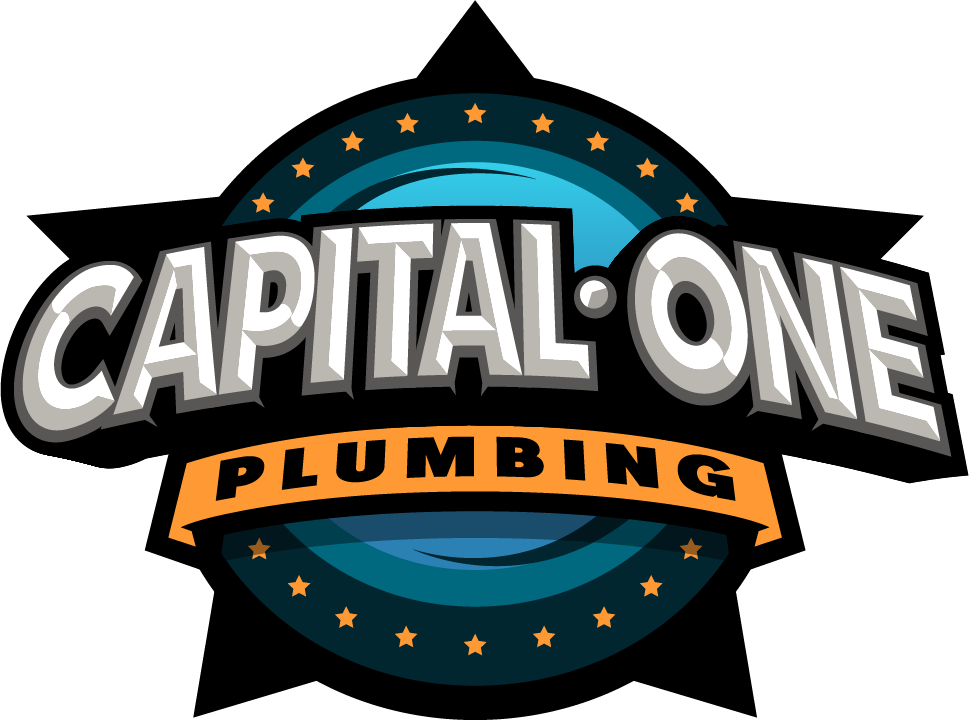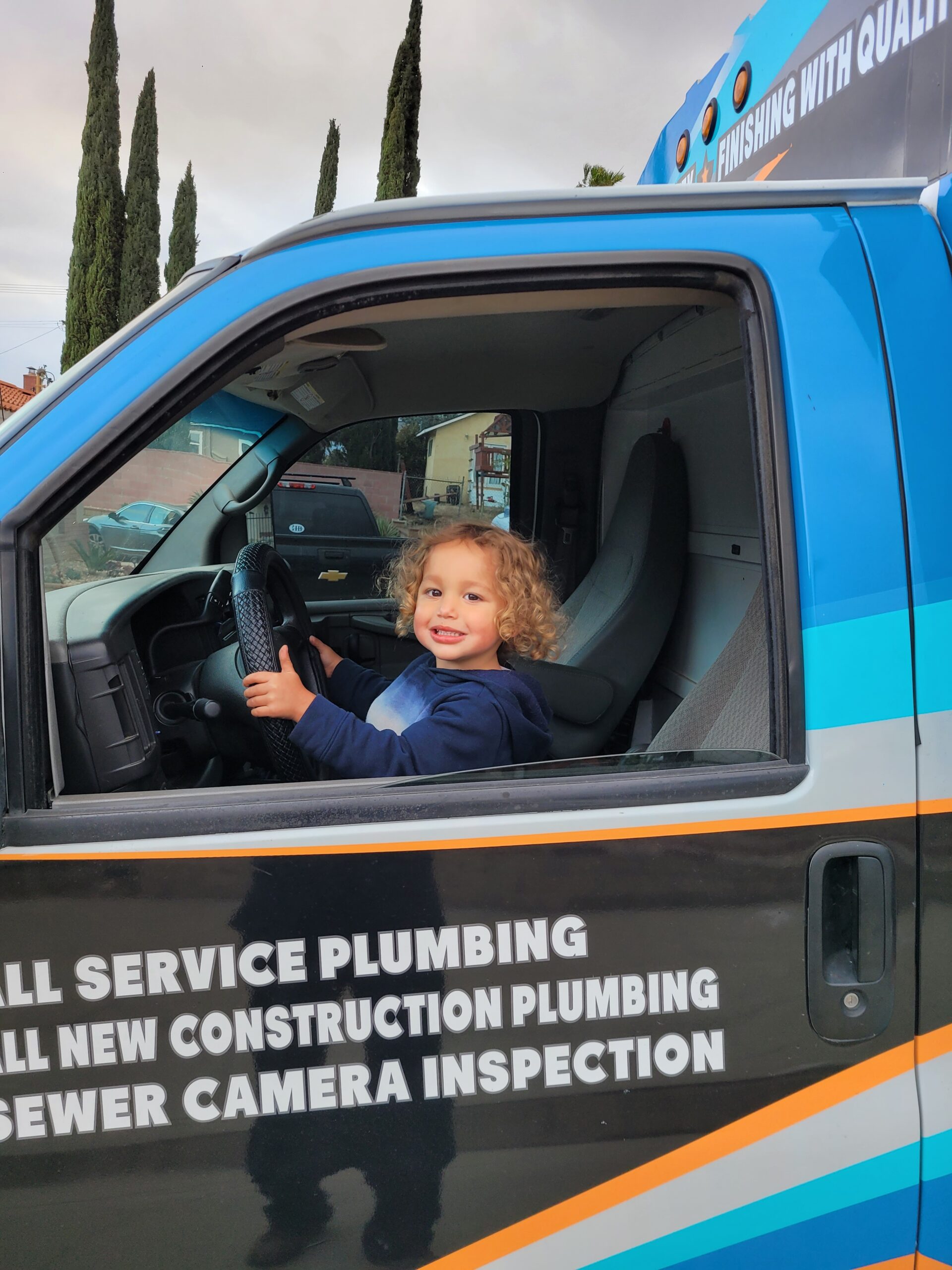1. Introduction to Gas Line Repairs
Importance of a Safe and Functional Gas Line System
Gas lines play a critical role in providing energy for heating, cooking, and other essential functions in homes and businesses. A properly maintained gas line system ensures efficiency and safety, while neglected lines pose serious hazards.
Common Reasons Gas Lines Need Repairs
Gas lines can develop issues over time due to wear and tear, environmental factors, and improper installation. Common reasons for repairs include leaks, corrosion, physical damage, and pressure irregularities.
Safety Concerns and Potential Hazards of Gas Leaks
Gas leaks are among the most dangerous issues, leading to risks of explosions, fires, and health problems. Prompt detection and repair are crucial to prevent catastrophic outcomes.
2. Signs You Need Gas Line Repairs
Unusual Gas Odors (Rotten Egg Smell)
Utility companies add a sulfur-like smell to natural gas to help detect leaks. If you notice this odor, it’s a clear sign that your gas line needs immediate attention.
Hissing Sounds Near Gas Lines
A hissing or whistling sound near your gas line often indicates a gas leak. This sound occurs when gas escapes from a small crack or loose connection.
Dead or Discolored Vegetation Near Gas Pipes
Gas leaks can affect surrounding soil and vegetation. If plants near your gas line suddenly die or turn yellow, it could signal an underground leak.
Sudden Increase in Gas Bills
An unexplained spike in your gas bill may indicate a leak, as escaping gas increases usage and costs.
Physical Symptoms: Dizziness, Nausea, or Headaches
Exposure to leaking gas can cause health issues like dizziness, fatigue, headaches, and nausea. If these symptoms coincide with other warning signs, seek immediate help.
3. Common Gas Line Problems
Corrosion and Aging Pipes
Older gas lines, especially those made from steel or iron, are prone to rust and corrosion, weakening their integrity over time.
Loose Fittings and Connections
Improper installation or vibration can loosen connections, leading to leaks and pressure drops.
Physical Damage from Construction or Landscaping
Digging without checking for gas lines can puncture or damage pipes, requiring urgent repairs.
Gas Leaks and Pressure Issues
Leaks and pressure irregularities affect the efficiency of your appliances and pose significant safety risks.
4. Gas Line Repair Methods
Leak Detection and Sealing
Professionals use specialized equipment to detect leaks and seal small cracks or holes without replacing entire sections.
Pipe Replacement for Corroded or Damaged Lines
Severely corroded or damaged pipes often require replacement to restore safety and functionality.
Joint and Fitting Tightening or Replacement
Loose joints and fittings can often be tightened or replaced to resolve minor leaks and pressure issues.
Pressure Testing for System Integrity
After repairs, pressure testing ensures the system is secure and operating correctly, preventing future leaks.
5. Cost of Gas Line Repairs
Factors Influencing Repair Costs
- Extent of Damage: Minor leaks cost less than full pipe replacements.
- Repair Method: Sealing is cheaper than replacing large sections.
- Location of Damage: Underground or hard-to-reach lines increase labor costs.
Average Repair Costs by Type of Issue
- Leak Sealing: $150–$500
- Pipe Replacement: $500–$2,000
- Joint Tightening: $100–$300
Long-Term Savings from Preventive Maintenance
Regular inspections and timely repairs prevent costly emergencies and extend the lifespan of your gas line system.
6. DIY vs. Professional Gas Line Repairs
Risks of DIY Gas Line Work
Gas line repairs require specialized knowledge and tools. Incorrect repairs can lead to dangerous leaks and code violations.
Benefits of Hiring a Licensed Gas Technician
Professionals ensure repairs meet safety standards, use proper equipment, and provide long-lasting solutions.
How to Choose a Reliable Gas Repair Service
- Check Licensing and Insurance: Verify credentials.
- Read Reviews: Look for consistent positive feedback.
- Request Estimates: Compare pricing and services.
7. Preventing Gas Line Issues
Routine Inspections and Maintenance
Annual inspections identify potential problems early, reducing the need for costly repairs.
Proper Installation and Material Choices
Using high-quality materials and professional installation reduces the risk of leaks and damage.
Monitoring for Early Signs of Trouble
Stay alert to warning signs like odors, sounds, and vegetation changes to catch issues early.
8. Emergency Response for Gas Leaks
Steps to Take if You Suspect a Gas Leak
- Evacuate immediately.
- Avoid using electrical devices or open flames.
- Shut off the gas supply if safe to do so.
Evacuation Procedures and Safety Tips
Ensure everyone leaves the area calmly and stays a safe distance away until professionals arrive.
When to Call Emergency Services
Contact your gas company and emergency services if you detect a leak, especially if you notice a strong odor or physical symptoms.
9. Conclusion
Prompt and professional gas line repairs are essential for maintaining safety and efficiency in your home or business. By understanding common issues, repair methods, and maintenance practices, you can prevent serious hazards and ensure the longevity of your gas line system. Prioritizing safety and quality repairs safeguards your property and loved ones.

